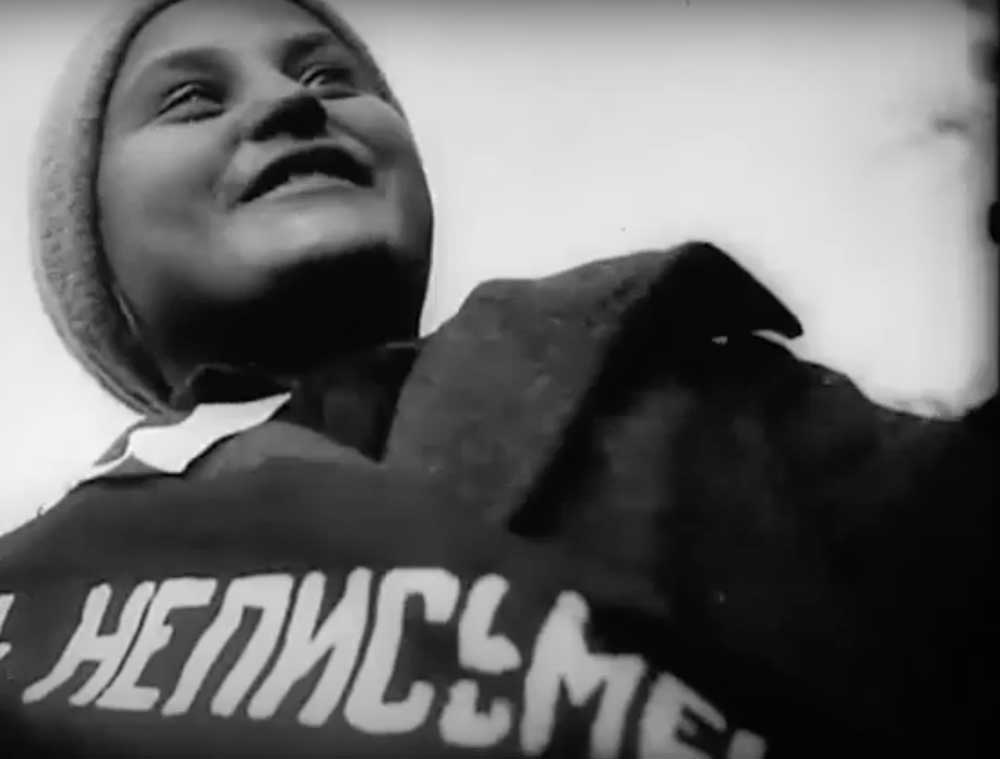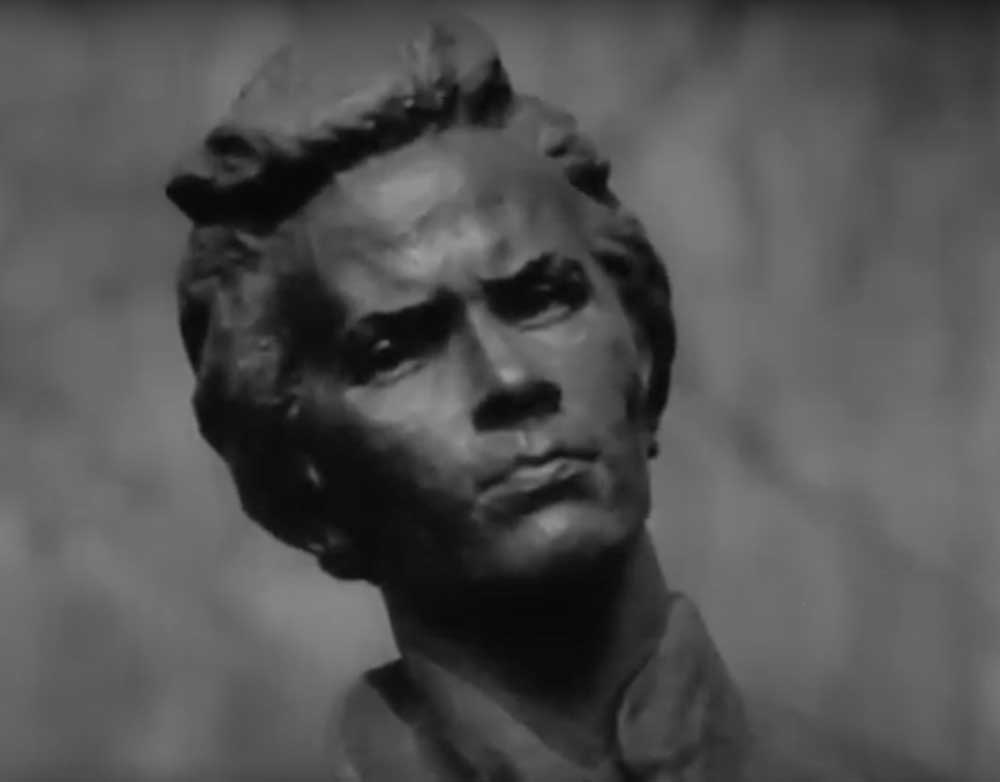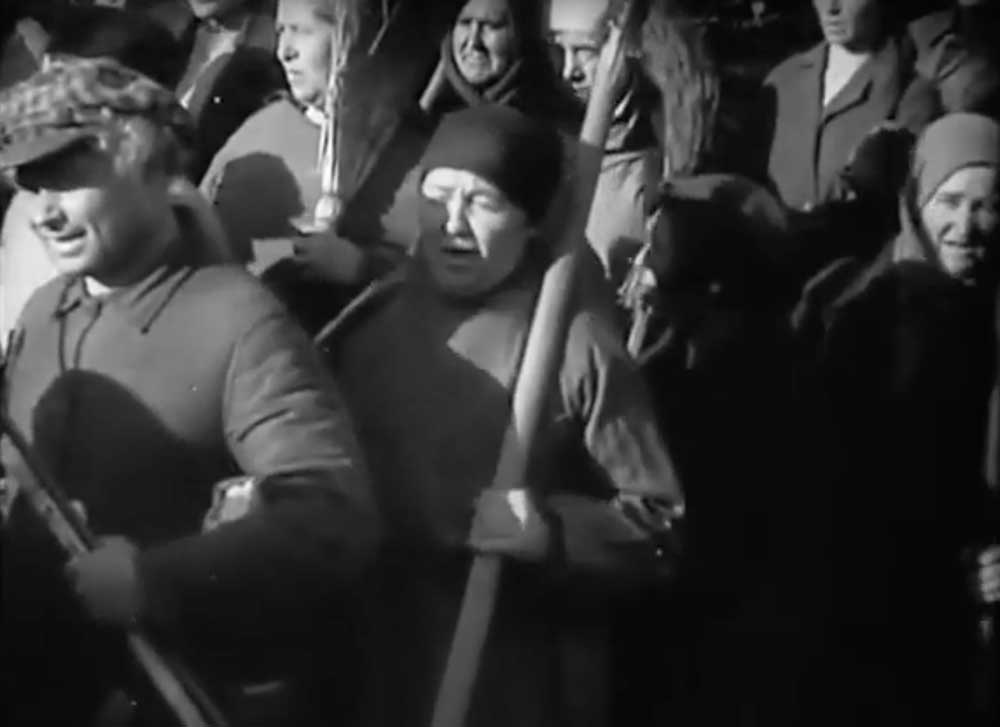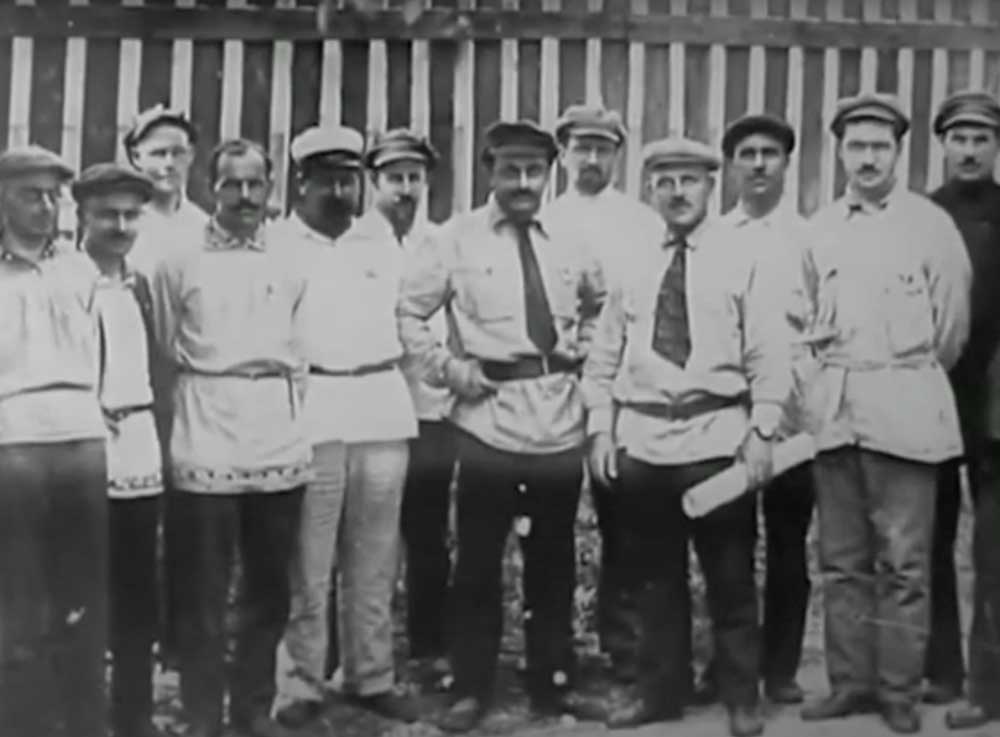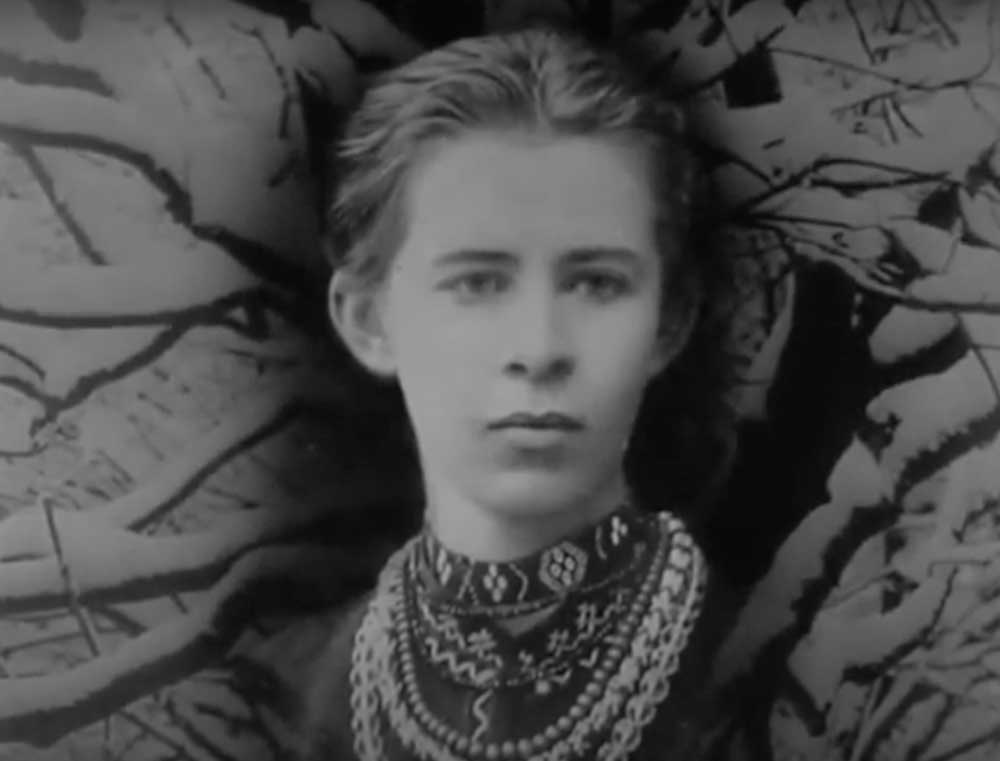
Declaration of Love / Osvidcennia v liubovi
1966
Ukrainian SSR, Ukrkinokhronika
62 min
Rollan Serhiienko
Oleksandr Mykhalevych Cinematograph
Eduard Timlin
Yelizaveta Marapulets, Mariia Lahunova, Mariia Molodyk, Liubov Chaikovska, Nina Sribna, Svitlana Korkoshko
Women of Ukraine in the 20th century – residents of villages, collective farms, and cities of the Soviet republic – tell their stories. The context of history is revealed through their tragic, firsthand accounts and documentary footage of grueling labor in the fields and construction sites.
The bold, candid, and free-spirited film by Rollan Serhienko, a student and compatriot of Oleksandr Dovzhenko, begins with Dovzhenko-esque shots of the land through the incredible lens of Eduard Timlin. But soon we hear what it truly costs a woman to live and work on these fertile lands. “I wouldn’t want to live in the country you just showed me,” said the Head of the USSR State Committee for Cinematography to Serhienko after watching the film; and he was right. The film wasn’t overtly anti-Soviet, but something extremely uncomfortable was felt in it: instead of a socialist-realist grand narrative, it focused on the individual fate of the “socialist person”, interpreting history almost in the spirit of the bourgeois Annales School. Instead of “realism,” Serhienko and Timlin presented reality, and instead of pathos, there was poetry: the poetry of the steppe landscape, the village road, and finally, the poems of Lesia Ukrainka, albeit in Russian translation.
Serhienko’s radical film, which evolved from an ordinary script with the unfortunate title Look for the Woman, is transitional: it directly quotes the avant-garde Soviet documentaries of the 1920s while anticipating the poetics and issues of the critical wave that would flourish at Ukrkinochronika on the eve of and during Perestroika. In 1999, the director revisited the theme of his first masterpiece, tracing the subsequent fate of the heroines in the sequel Second Declaration of Love. In the new millennium, the film was restored from the only surviving copy, which miraculously was preserved in the Eisenstein Museum in Moscow. Additionally, in 2010, the crew of Declaration was awarded the Dovzhenko Award, but the cruel role of Soviet functionaries was aptly taken over by officials of the new era: for unknown reasons, the decree to issue the award was not signed.
